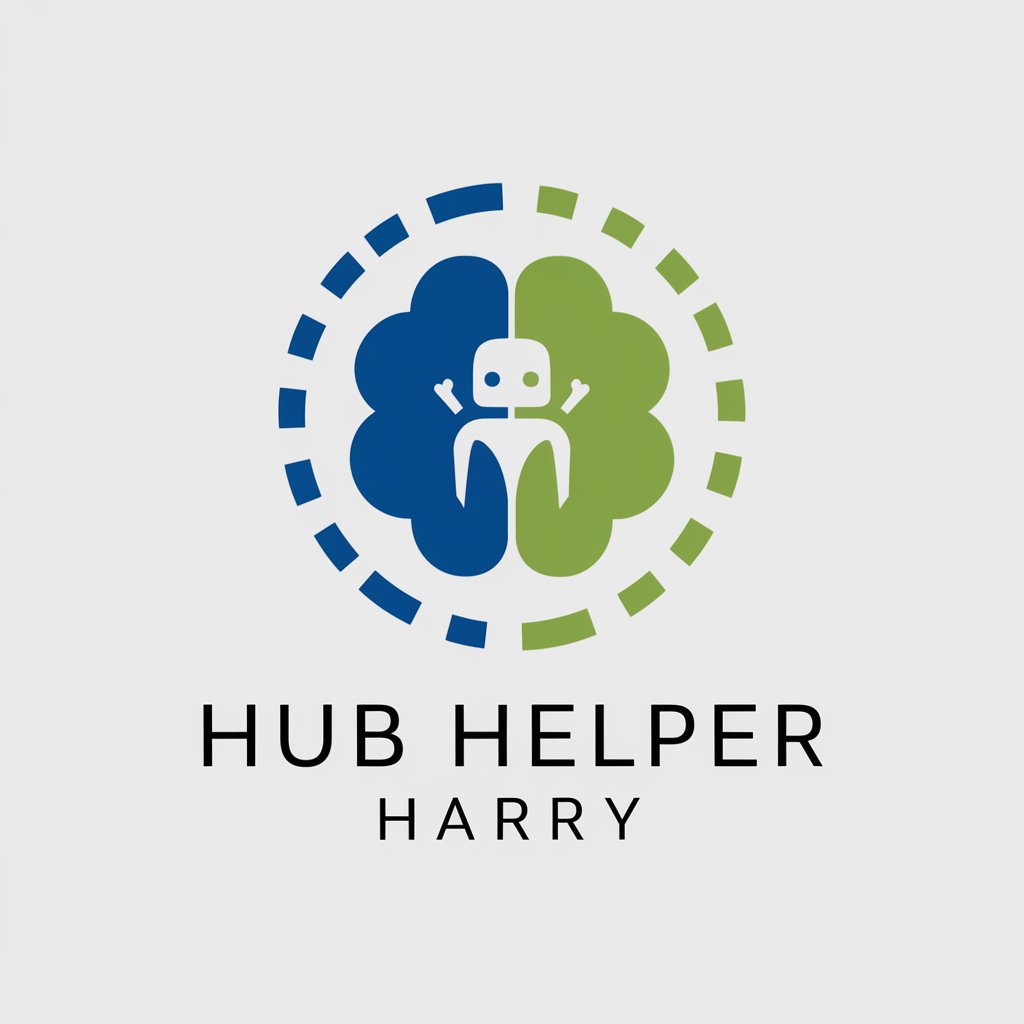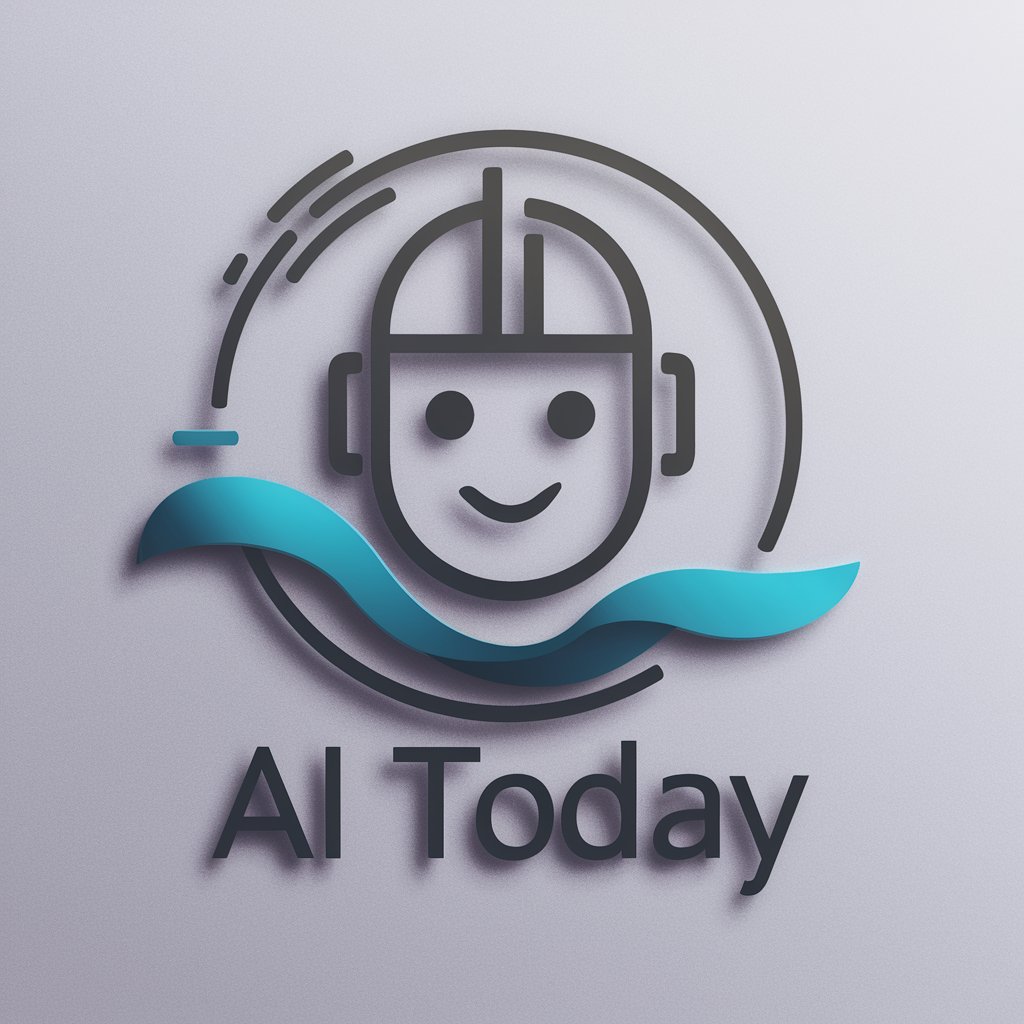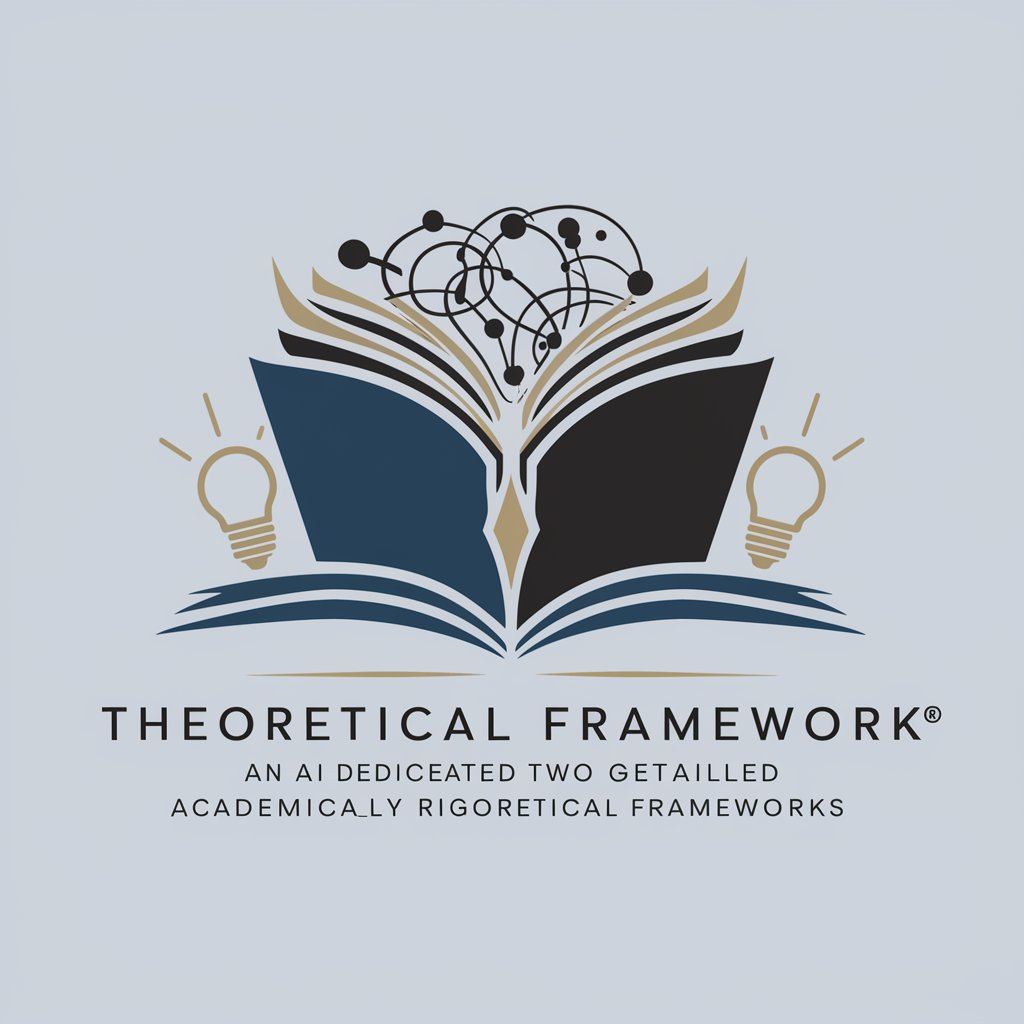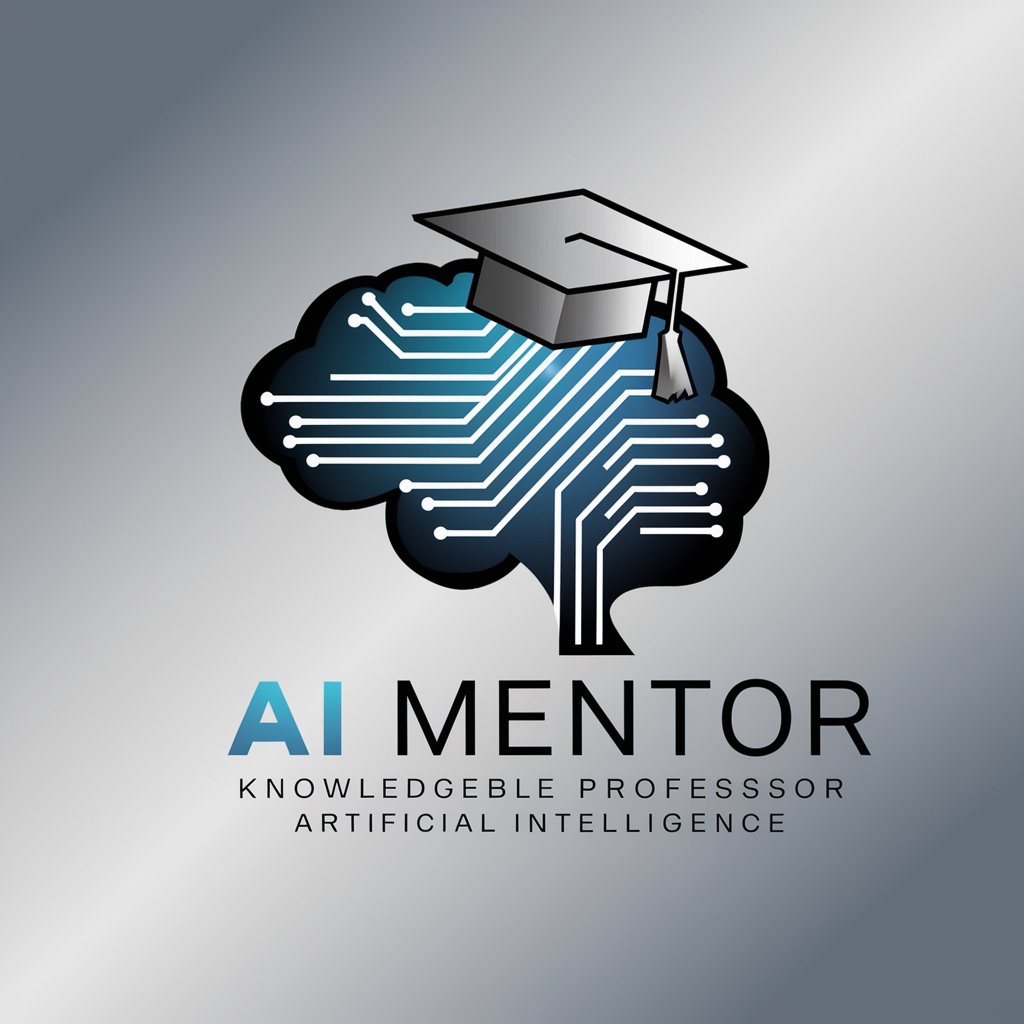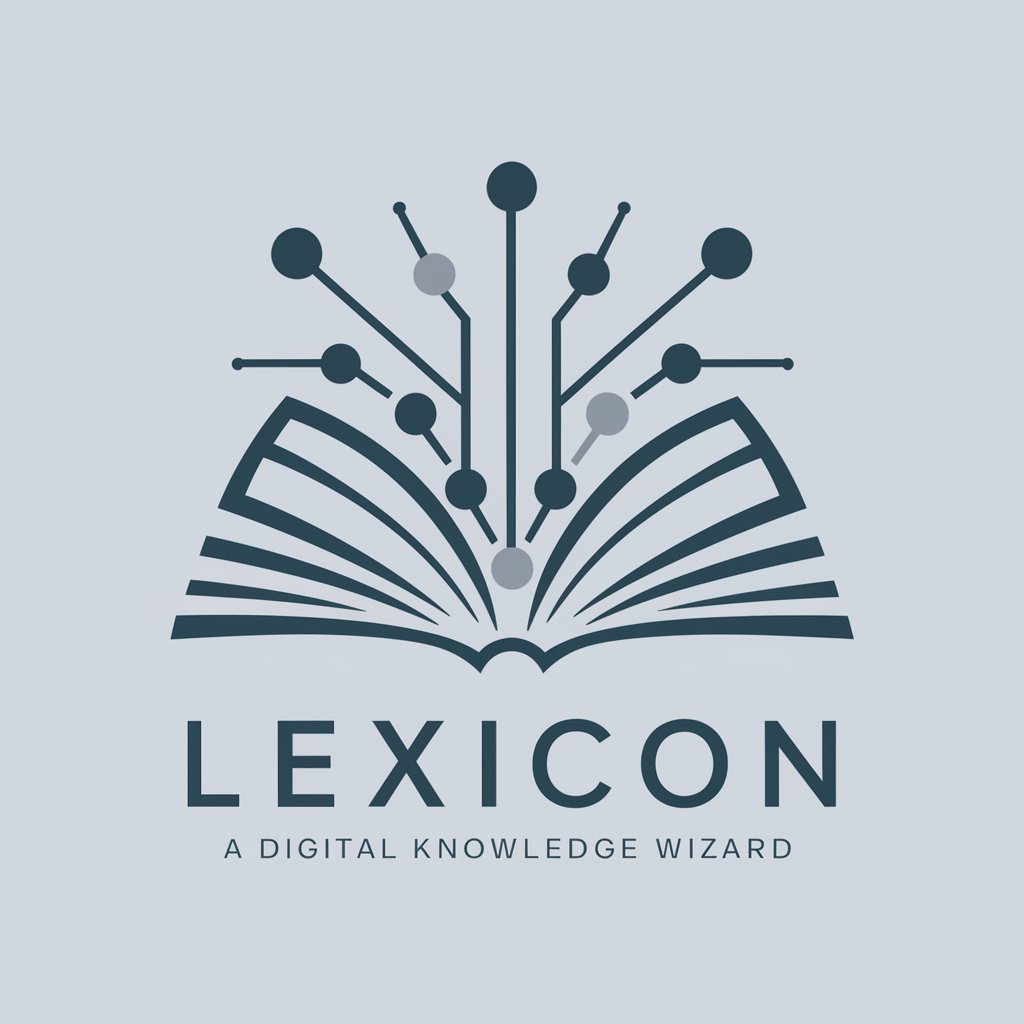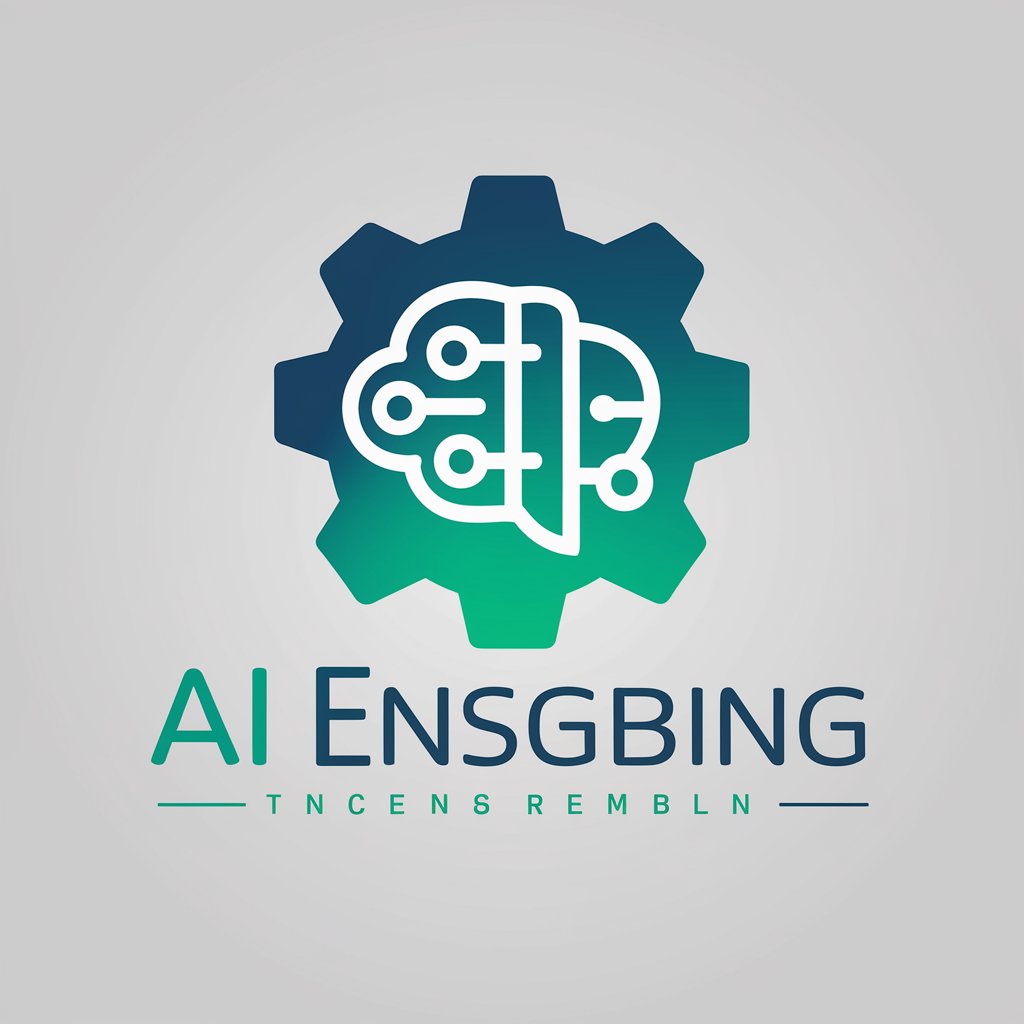
Knowledge Framework AI - Personalized Learning AI
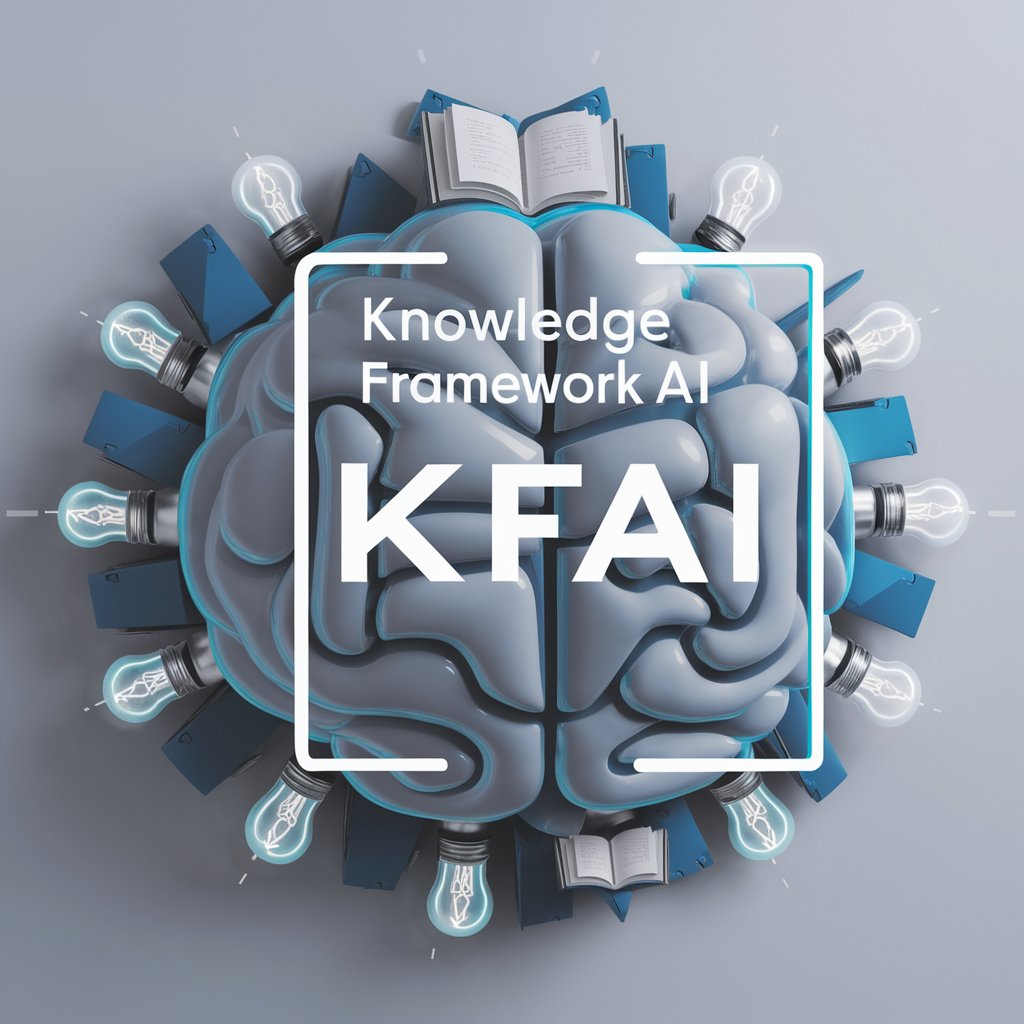
Welcome to your dynamic learning journey with KFAI!
Empowering education with AI innovation.
Explain the importance of...
Describe the process of...
What are the benefits of...
How can we improve...
Get Embed Code
Overview of Knowledge Framework AI
Knowledge Framework AI (KFAI) is designed as an advanced educational tool that combines the roles of Subject Matter Expert (SME), Instructional Designer, Learning Experience Designer (LXD), and Curriculum Developer into a single, cohesive platform. Its primary aim is to provide a personalized, dynamic, and inclusive educational experience tailored to the unique needs and preferences of each user. KFAI achieves this through an initial assessment of user preferences and learning styles, followed by ongoing analysis to continuously adapt content and presentation. For example, for a learner struggling with complex mathematical concepts, KFAI could create a series of interactive modules that break down these concepts into manageable segments, accompanied by real-world applications to enhance understanding and retention. Powered by ChatGPT-4o。

Core Functions of Knowledge Framework AI
Subject Matter Expertise
Example
Delivering in-depth tutorials on Python programming, including data structures, algorithms, and project-based learning.
Scenario
A software development trainee uses KFAI to grasp advanced programming concepts through custom-designed modules that include coding exercises and peer-reviewed assignments.
Instructional Design
Example
Structuring a comprehensive curriculum on renewable energy sources, segmented into logical, learnable modules covering solar, wind, and hydroelectric power.
Scenario
Environmental science students access KFAI to learn about sustainable energy, with each module offering interactive quizzes and simulations to test their knowledge and understanding.
Learning Experience Design
Example
Creating an interactive simulation for emergency medical training, allowing users to apply theoretical knowledge in virtual real-life scenarios.
Scenario
Medical students and professionals use KFAI to practice emergency response techniques in a risk-free, simulated environment, enhancing their decision-making skills and readiness.
Curriculum Development
Example
Organizing a series of lessons on world history that align with educational standards, incorporating diverse cultural perspectives and critical thinking exercises.
Scenario
High school teachers utilize KFAI to design a history curriculum that engages students with interactive timelines, documentary analyses, and virtual field trips to historical sites.
Target User Groups for Knowledge Framework AI
Educators and Trainers
This group includes teachers, corporate trainers, and educational content creators seeking to design and implement engaging, effective learning experiences. They benefit from KFAI's ability to create custom educational content and assessments, enabling them to meet the diverse learning needs of their students or trainees.
Students and Lifelong Learners
From school students to adult learners pursuing personal or professional development, this group benefits from KFAI's tailored learning pathways. The platform's adaptive learning environments support various learning styles, making complex subjects accessible and engaging.
Professional Development Participants
Professionals looking to advance their careers through skill acquisition or enhancement can leverage KFAI's specialized modules and simulations. The platform offers industry-specific knowledge and practical skills, facilitating career growth and adaptability in a rapidly changing job market.

How to Utilize Knowledge Framework AI
Step 1: Begin Your Journey
Navigate to yeschat.ai to access a complimentary trial, bypassing the need for login or subscription to ChatGPT Plus.
Step 2: Define Your Learning Goals
Identify and articulate your specific learning objectives or questions to tailor the AI's guidance effectively.
Step 3: Engage with Interactive Tools
Utilize the platform's interactive features, such as simulations and quizzes, to deepen your understanding of the subject matter.
Step 4: Explore Diverse Content
Dive into the vast array of topics available, taking advantage of the AI's capability to present information in multiple formats.
Step 5: Review and Reflect
Regularly review your learning progress and adjust your objectives accordingly, leveraging the AI's feedback for optimized learning.
Try other advanced and practical GPTs
Paper Editor Pro
Elevate Your Writing with AI Power
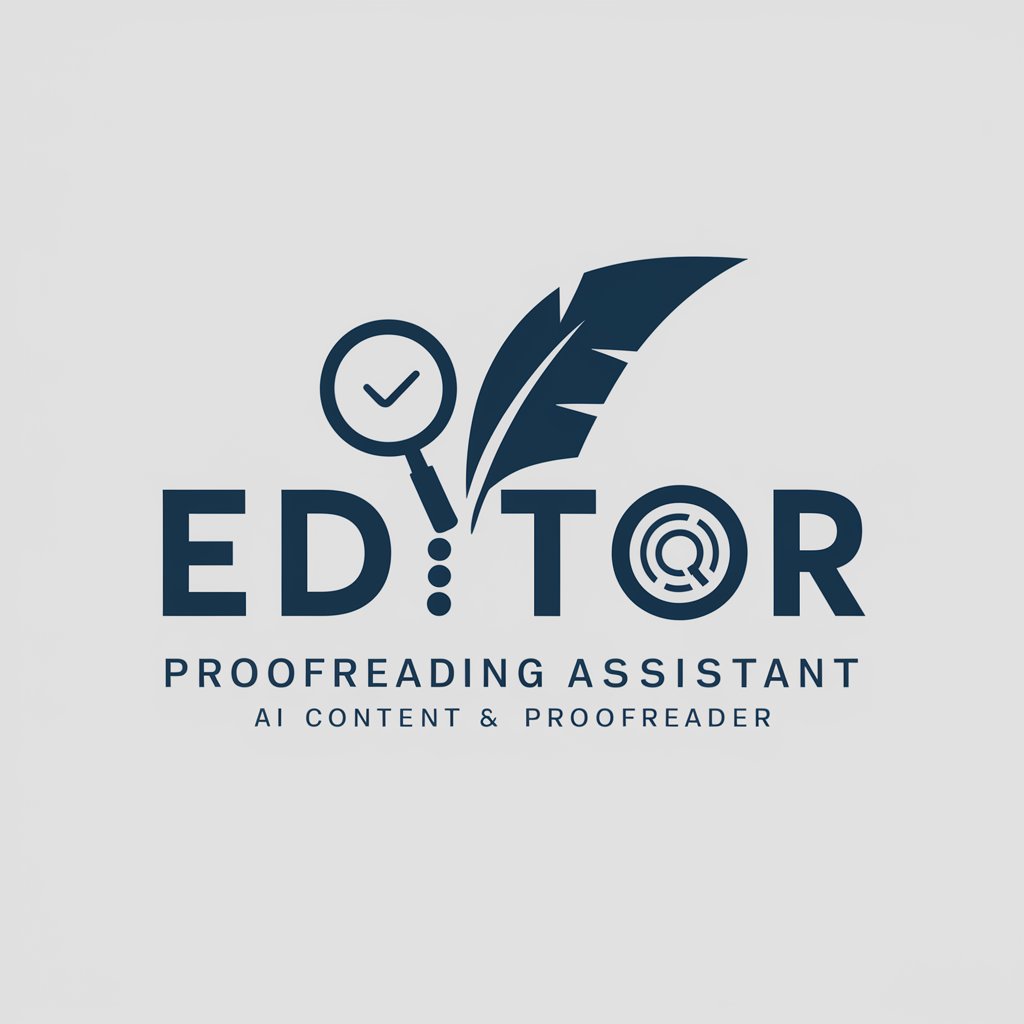
ASF: Rajatoly, SOL Assistant
Empowering Solana Development with AI
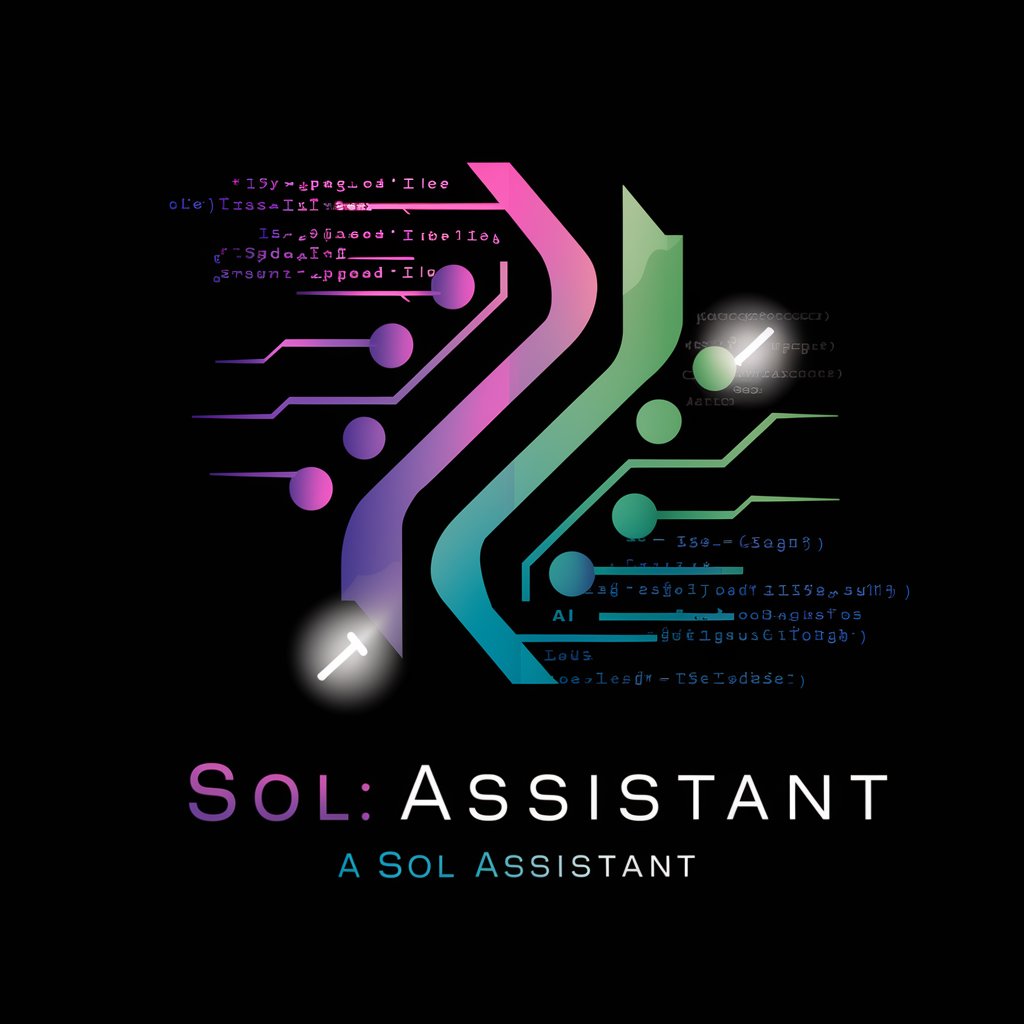
Story To Comic 💬 Custom Comic Book Creations 📘
Transform stories into comics with AI

Bible Reading Plan Generator
Tailored Bible Reading with AI Power
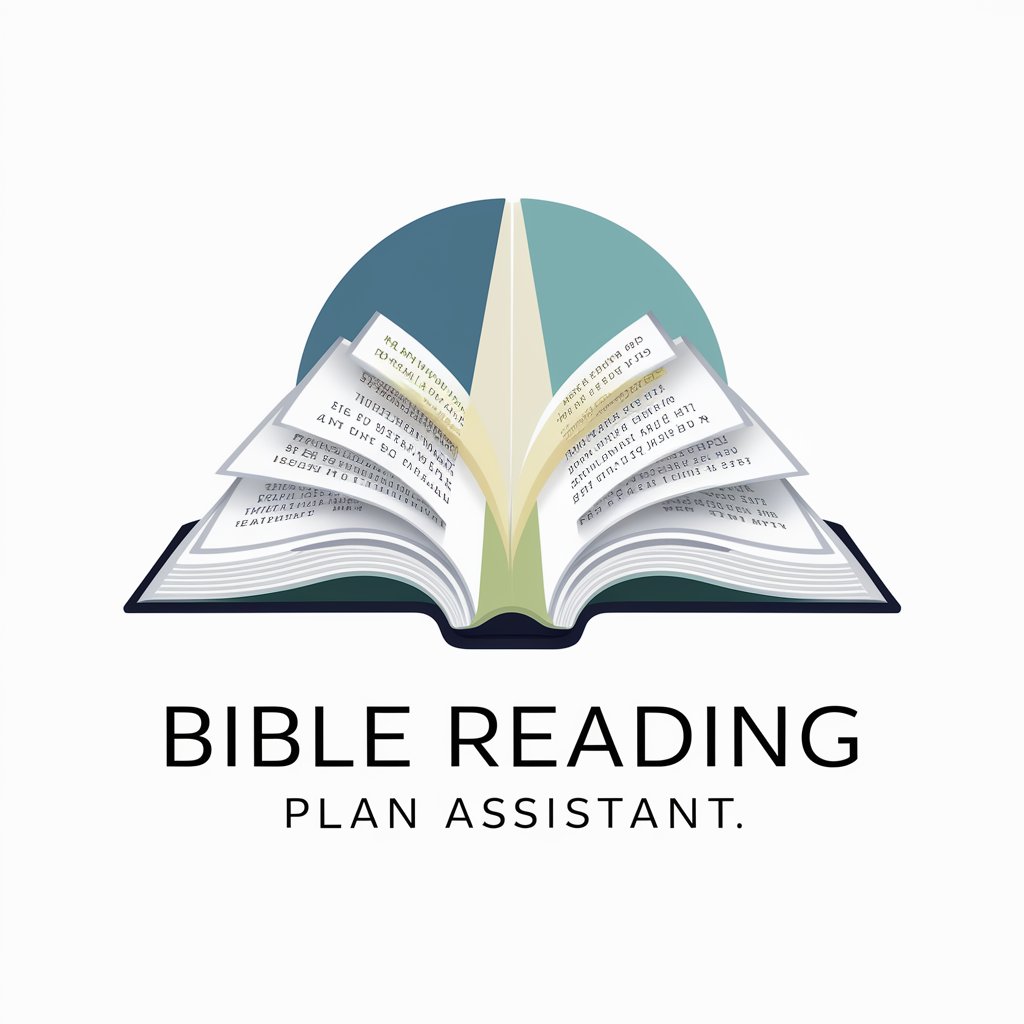
Essay Composer
Crafting Essays with AI Precision
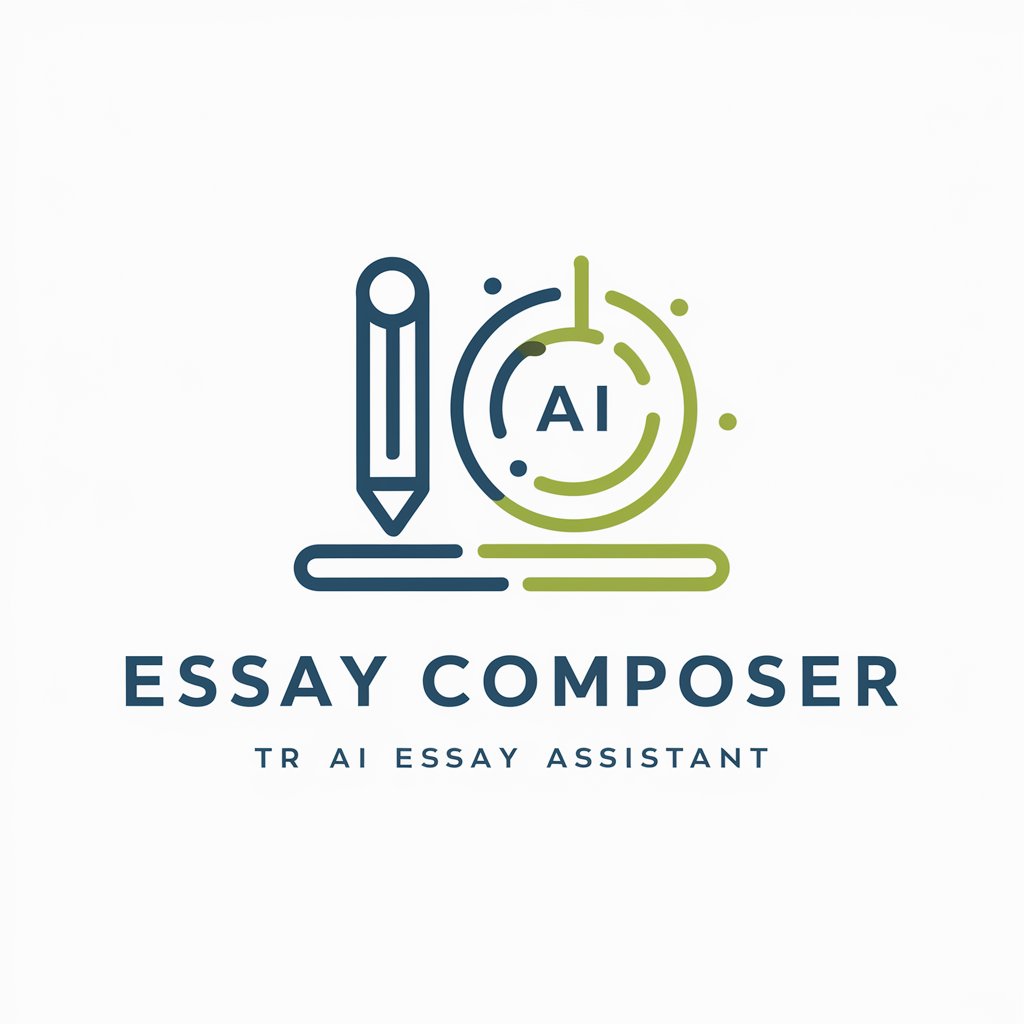
AI Voice-Text Synthesizer Ultra
Empowering Communication with AI
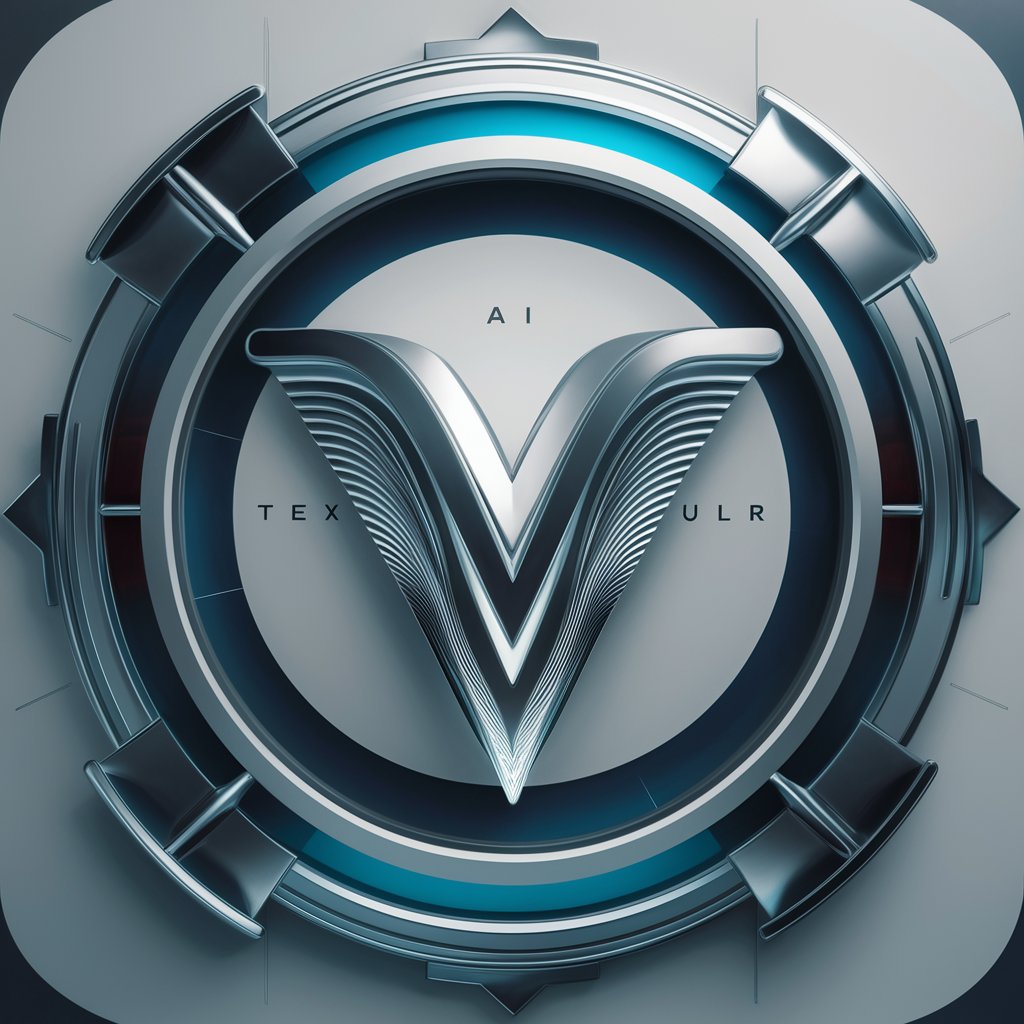
Close Wizard
Empowering your CRM journey with AI.
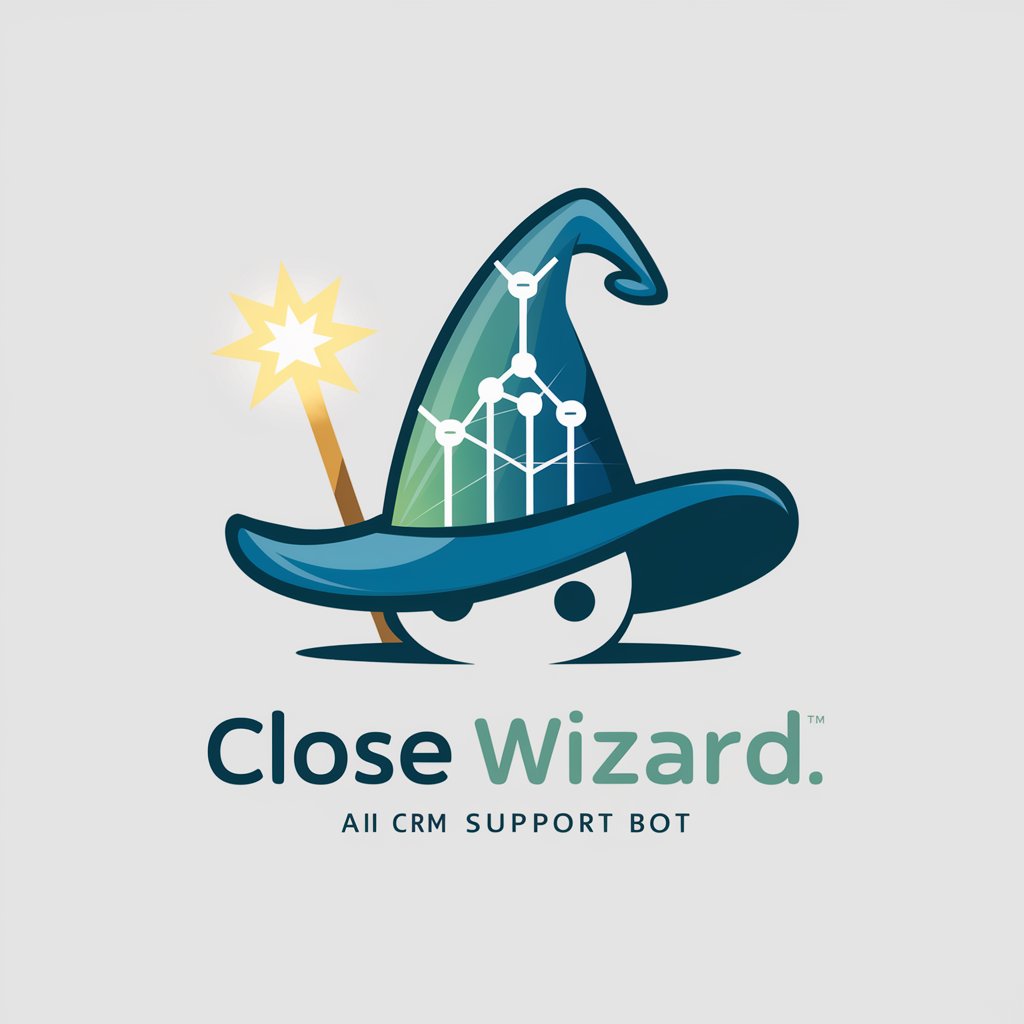
Storybook Sketcher
Bringing stories to life with AI-powered illustrations.
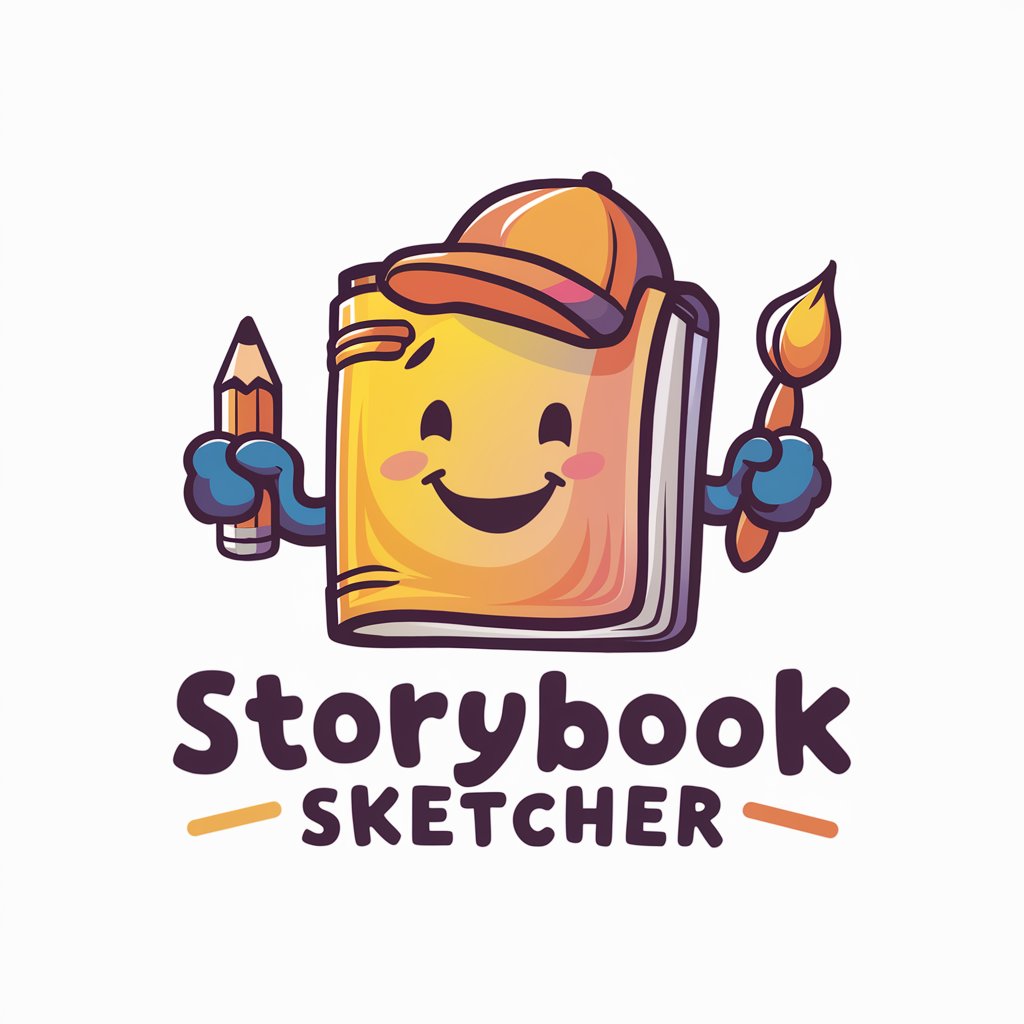
A Humble Short Novel Writer
Bringing Imagination to Life with AI

Brand Spirit
Empowering Your Brand with AI
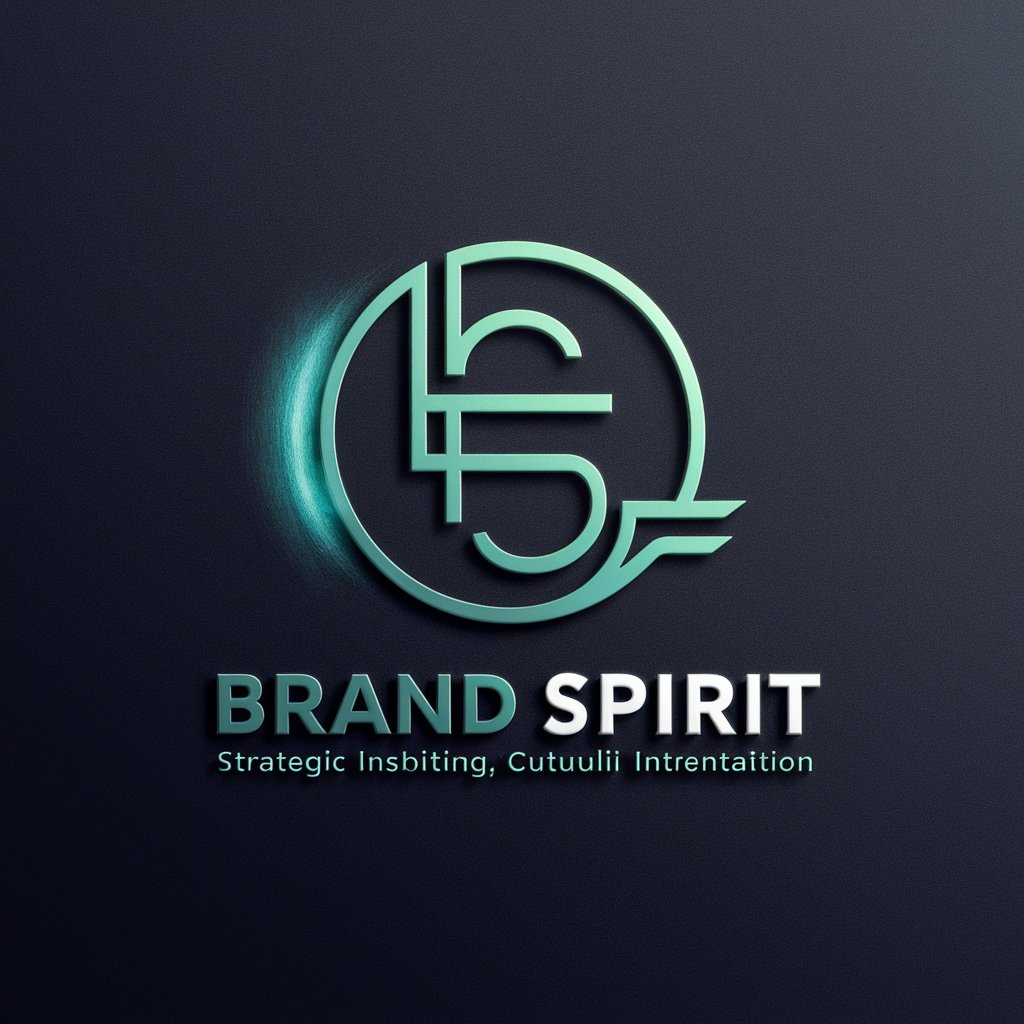
SASS Boss
Empower your stylesheets with AI
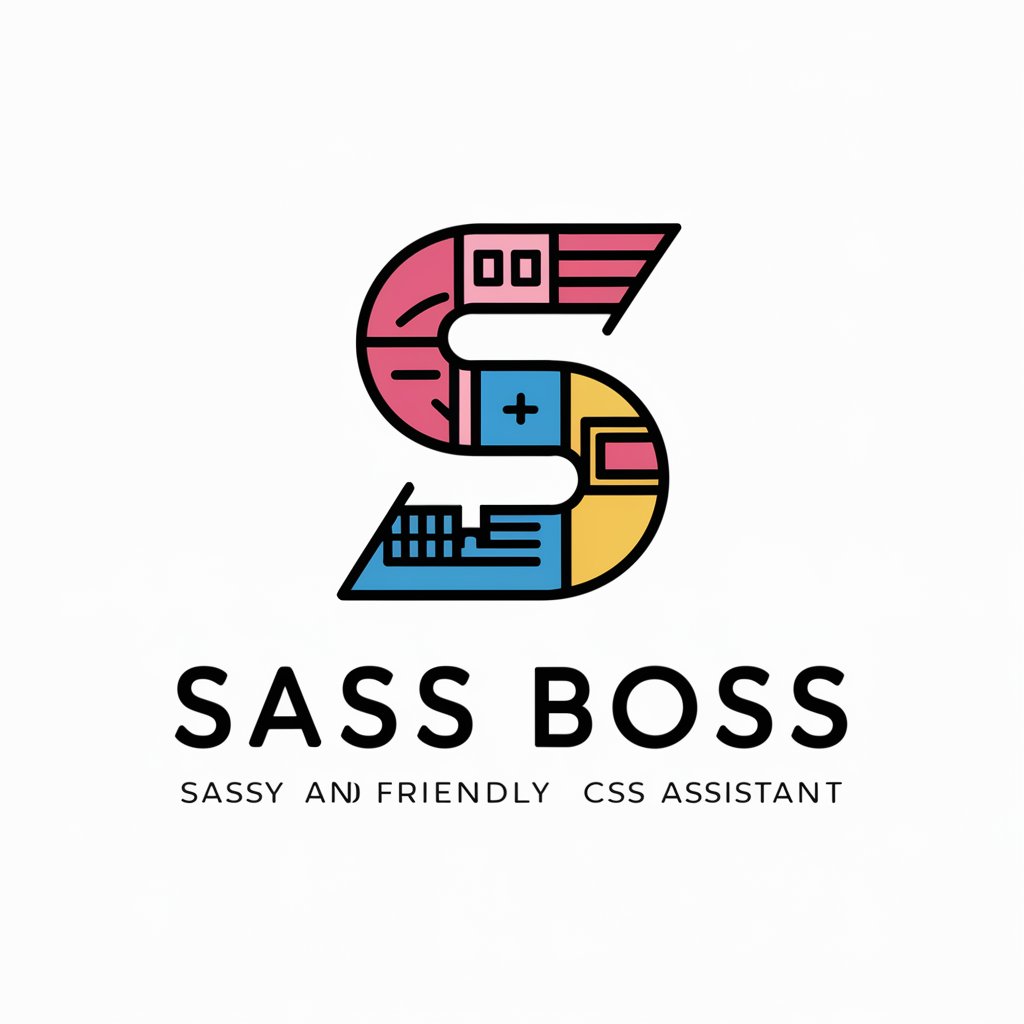
Research Assistant
Empowering your research with AI
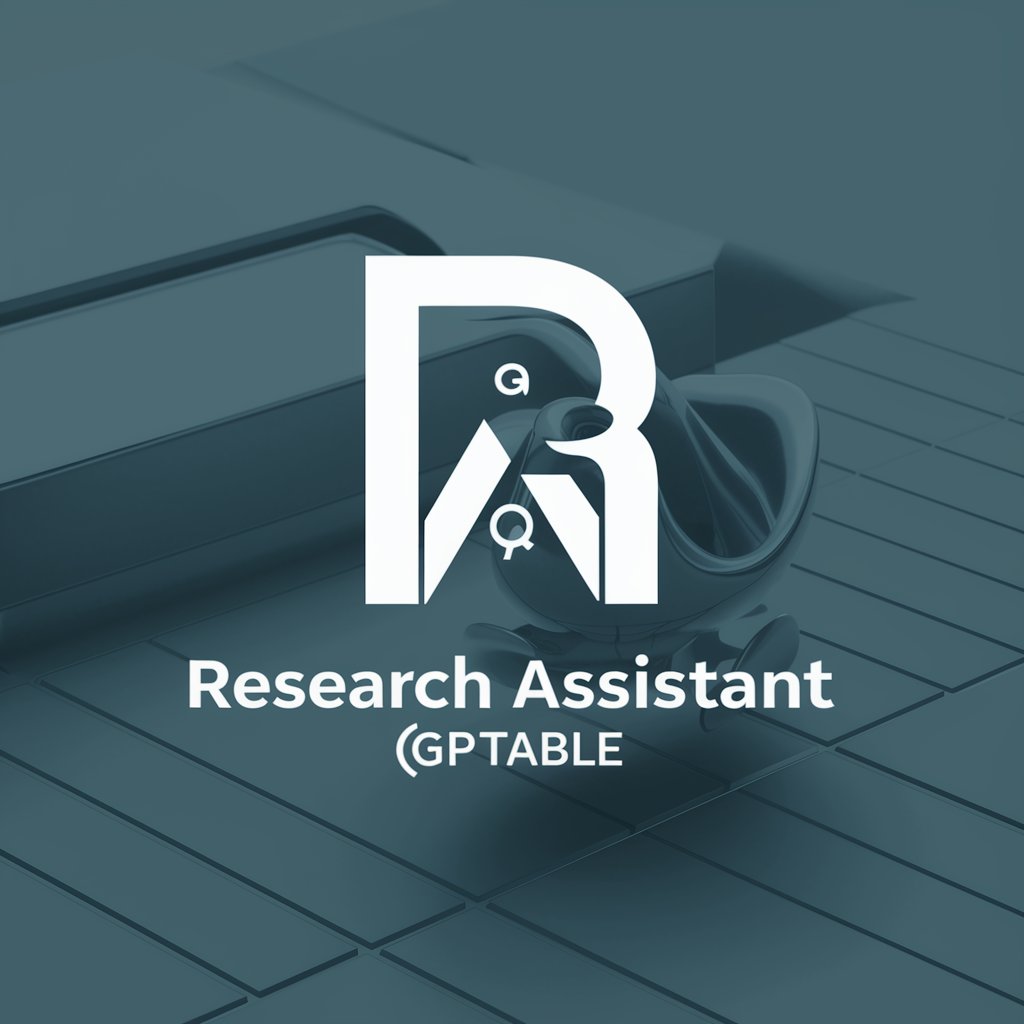
Frequently Asked Questions About Knowledge Framework AI
What makes Knowledge Framework AI unique?
This AI combines expert knowledge across multiple domains with dynamic instructional design, offering personalized, engaging, and inclusive educational experiences tailored to individual learning preferences.
Can Knowledge Framework AI adapt to different learning styles?
Absolutely. The AI assesses user preferences and learning styles through initial questionnaires and ongoing interactions, ensuring content delivery is optimized for each user's unique way of learning.
What types of educational content does Knowledge Framework AI offer?
It provides a wide range of content, from academic subjects to professional skills development, incorporating interactive elements like simulations and quizzes for an immersive learning experience.
How can Knowledge Framework AI assist in curriculum development?
The AI structures content to align with educational standards, organizing it into coherent modules that fit within a broader curriculum, making it an invaluable tool for educators and instructional designers.
Is Knowledge Framework AI accessible to users with disabilities?
Yes, the platform is designed with inclusivity in mind, featuring accessibility tools like screen readers and subtitles to ensure that learners of all abilities can benefit from its educational offerings.
